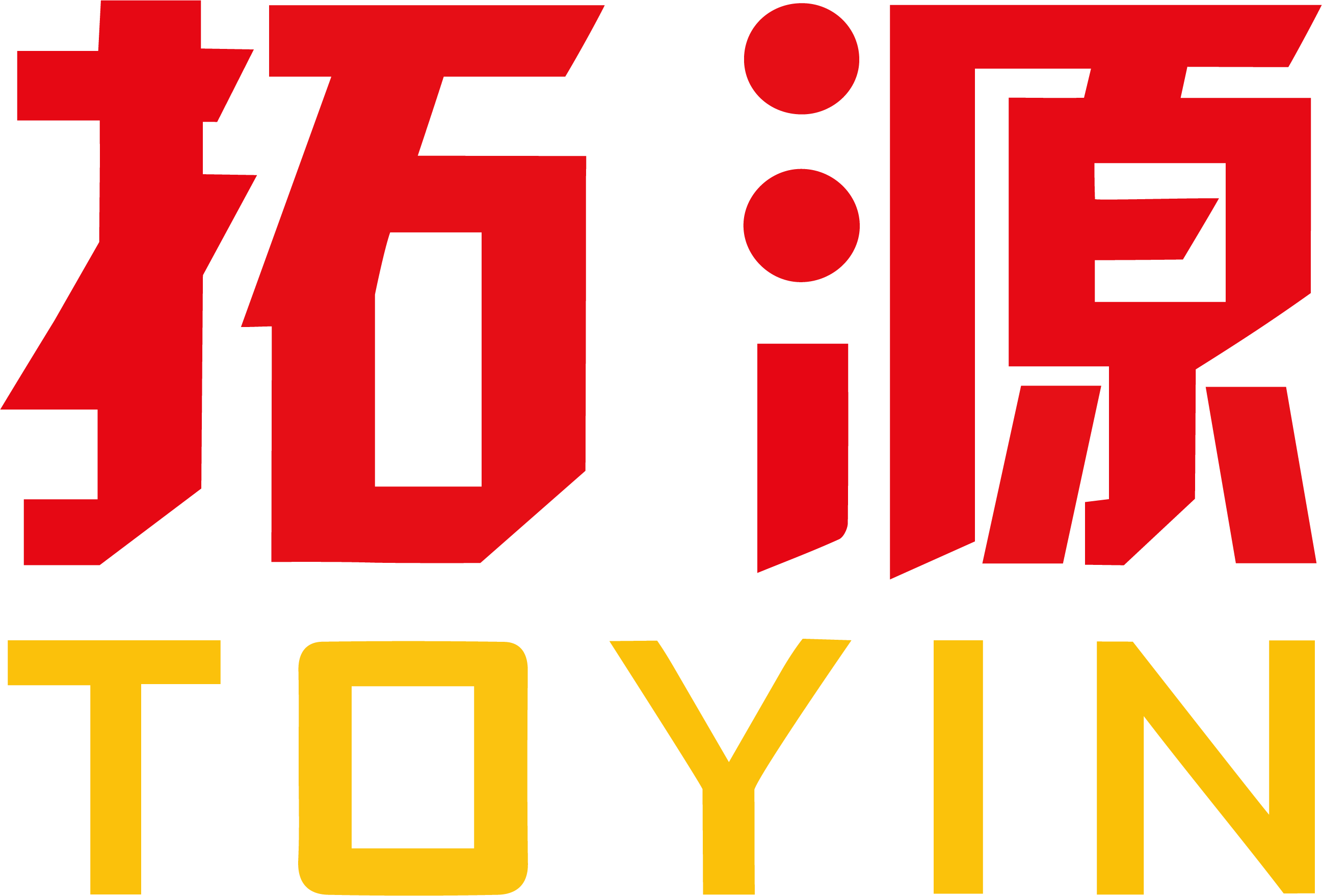One-Sentence Definition
Mirror (Reflective) Acrylic is a lightweight, shatter-resistant plastic sheet with a highly reflective surface, created by applying a vacuum-metallized coating (usually aluminum) to acrylic, offering a safe and versatile alternative to traditional glass mirrors.[source]
Detailed Explanation
Mirror acrylic, sometimes called acrylic mirror or plexiglass mirror, is engineered to mimic the appearance and function of glass mirrors while providing significant advantages in weight, safety, and durability. The manufacturing process involves two main steps:
Extrusion or Casting: Acrylic resin is melted and formed into sheets through extrusion (for thinner, more uniform sheets) or casting (for thicker, more rigid sheets).
Vacuum Metallization: A thin layer of metal—most commonly aluminum—is evaporated in a vacuum chamber and bonded to the back of the acrylic sheet, creating a highly reflective surface. A protective coating is then applied to enhance scratch resistance and durability.
This process results in a mirror that is about half the weight of glass and up to 17-20 times more impact-resistant, making it ideal for environments where safety and ease of handling are priorities.[source]
Key Components and Technical Parameters
Reflective Layer: Aluminum or similar metal, applied via vacuum metallization for uniform reflectivity (typically ~94% in the visible spectrum).
Acrylic Substrate: Lightweight, flexible, and available in various thicknesses (usually starting from 1.5mm).
Protective Coating: Enhances scratch resistance and longevity.
Customization: Can be cut, drilled, laser-cut, and thermoformed for custom shapes and sizes.
Industry Standards: Many products comply with ASTM D4802 for acrylic sheet quality and tolerances.[source]
Real-World Applications
Mirror acrylic is widely used in:
Retail displays and signage (lightweight, easy to install)
Home and office décor (decorative wall panels, furniture accents)
Safety mirrors (schools, hospitals, gyms, dance studios)
Shower and locker mirrors (moisture-resistant options available)
Children’s products and public spaces (shatter-resistant for safety)
Custom projects (cut-to-size, colored, anti-fog, or convex mirrors)
TOYIN Acrylic Products Co., Ltd. specializes in custom mirror acrylic solutions for global brands, retailers, and interior designers. Their advanced manufacturing capabilities allow for tailored products—such as display stands, storage boxes, and decorative panels—delivered worldwide with strict quality control and fast turnaround. Learn more about TOYIN’s custom services here.
Related Concepts
Plexiglass: Another name for acrylic, often used interchangeably.
Polycarbonate Mirror: Even stronger than acrylic, but less reflective and more expensive.
Tempered Glass Mirror: Traditional glass mirror, heavier and more fragile but offers perfect optical clarity.
Vacuum Metallization: The process of applying a reflective metal layer to plastics or glass in a vacuum chamber.
Comparison Table: Mirror Acrylic vs. Glass Mirror
Feature | Mirror Acrylic | Glass Mirror |
|---|---|---|
Weight | ~50% of glass | Heavy |
Impact Resistance | 17-20x glass | Fragile |
Reflectivity | ~94% | ~100% |
Customization | High (cut, shape) | Limited |
Safety | Shatter-resistant | Shatters into shards |
Outdoor Use | Limited (needs seal) | Better (with backing) |
References
Looking for custom mirror acrylic solutions? Contact TOYIN Acrylic Products Co., Ltd. for expert design, manufacturing, and global delivery.

